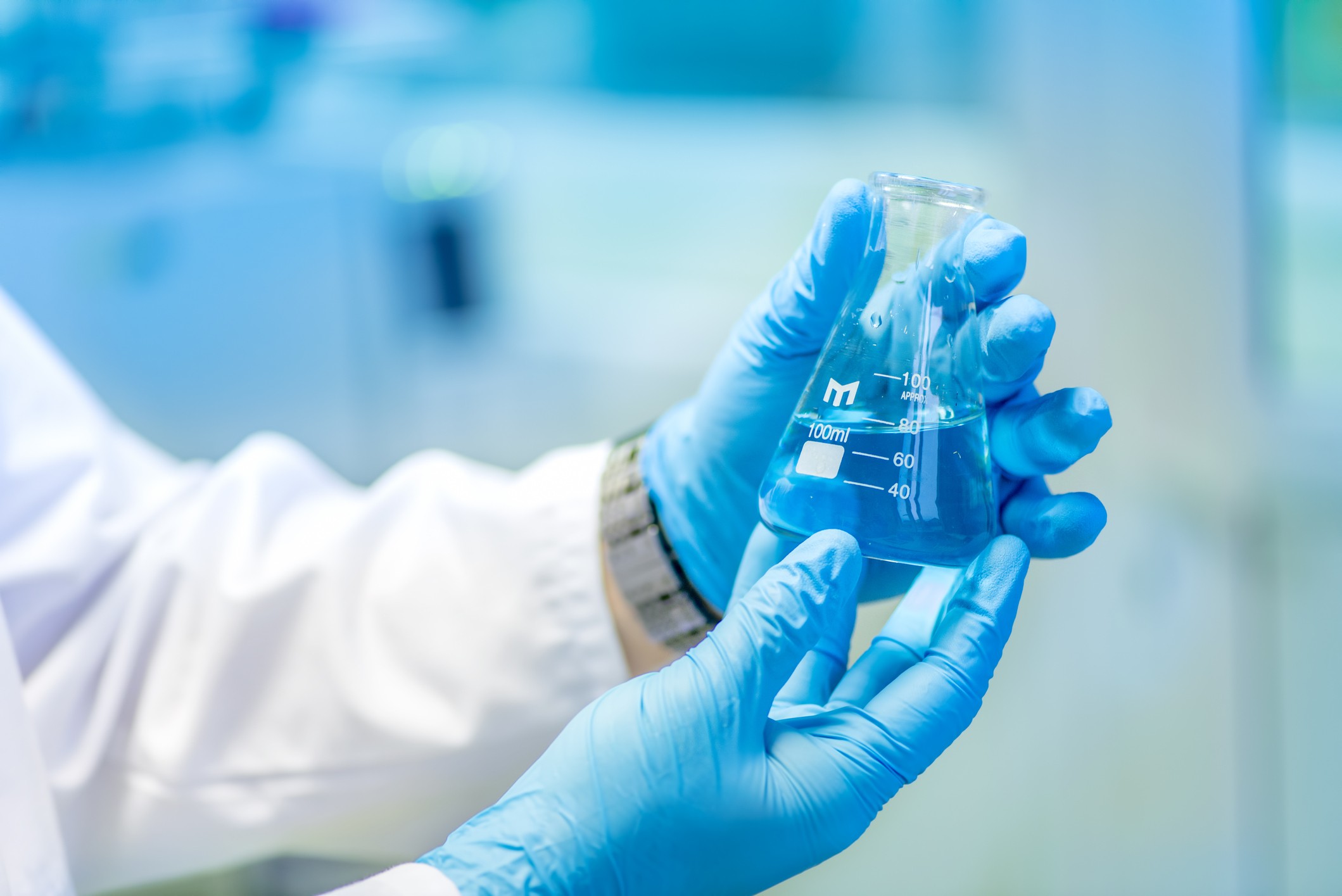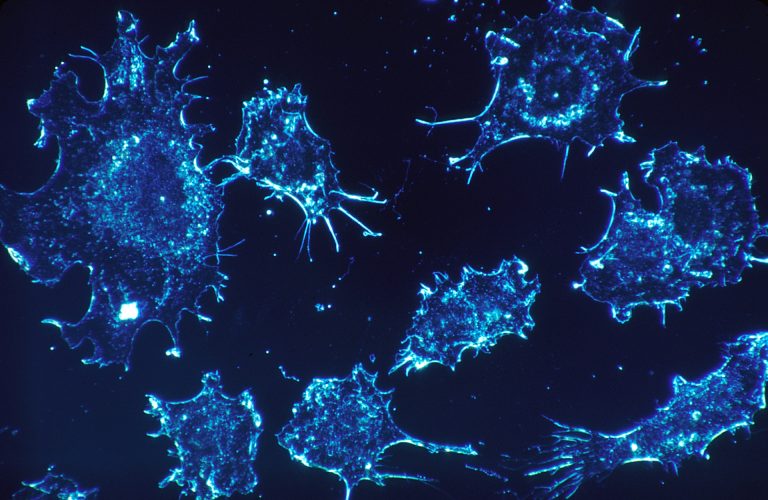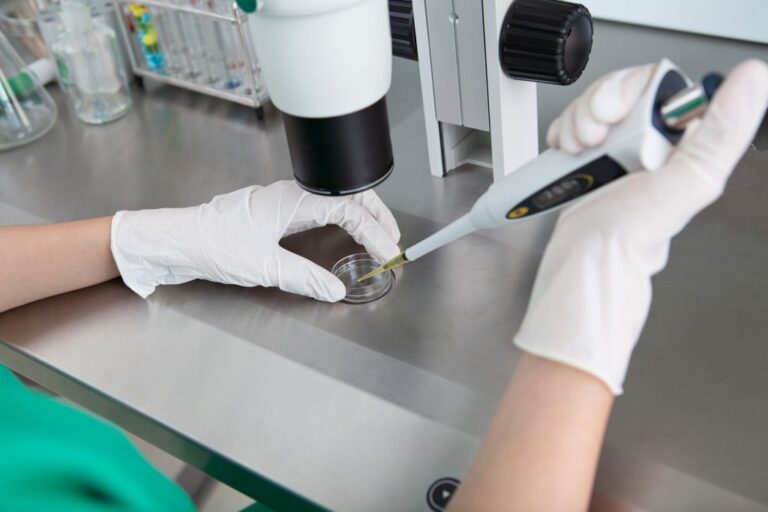N4 Pharma Plc (LON:N4P), the specialist pharmaceutical company developing Nuvec®, a novel delivery system for cancer treatments and vaccines, has provided a further update on its current in vivo work streams due to commence shortly with Evotec.
As announced on 24 August 2021, the Company has now successfully completed the amplification and initial testing of a new SARS-COV-2 plasmid at Evotec and finalised the scope of the in vivo study. The first step in this new study was to test the in vitro performance of the new plasmid. The optimised Nuvec®, together with the new SARS-COV-2 plasmid has demonstrated an improved response in terms of transfection and SARS-COV-2 Spike protein secretion in HEK 293 cells, a commonly used human cell line. In addition, the Nuvec®/SARS-COV-2 DNA complex demonstrated a dose-related SARS-COV-2 Spike protein production. These in vitro results provide a positive platform for the commencement of the in vivo work beginning this month which is expected to last six to eight weeks with an additional two to three weeks for analysis.
Nanomerics’s wider in vivo study, as announced on 20 May 2021, has now validated the results seen from their earlier pilot study, showing an improvement through the use of newly formulated and dried Nuvec®. The findings of this work will now be adopted in all future work undertaken to ensure all studies are performed using well dispersed Nuvec® formulations.
Nigel Theobald, Chief Executive Officer of N4 Pharma, commented:
“The Board is very pleased with these initial in vitro results from the new SARS-COV-2 plasmid which confirms Nuvec® is capable of producing results in this area and demonstrate a material improvement on previous results with an earlier plasmid.
“We are very excited to commence the in vivo work using this SARS-COV-2 plasmid alongside the MTA (Material Transfer Agreement) work already in place with a potential partner in this area. The aim of the study is to demonstrate the potential of using Nuvec® to develop plasmid DNA vaccines using much lower doses than those already approved or are in development and also not requiring refrigeration.”







































